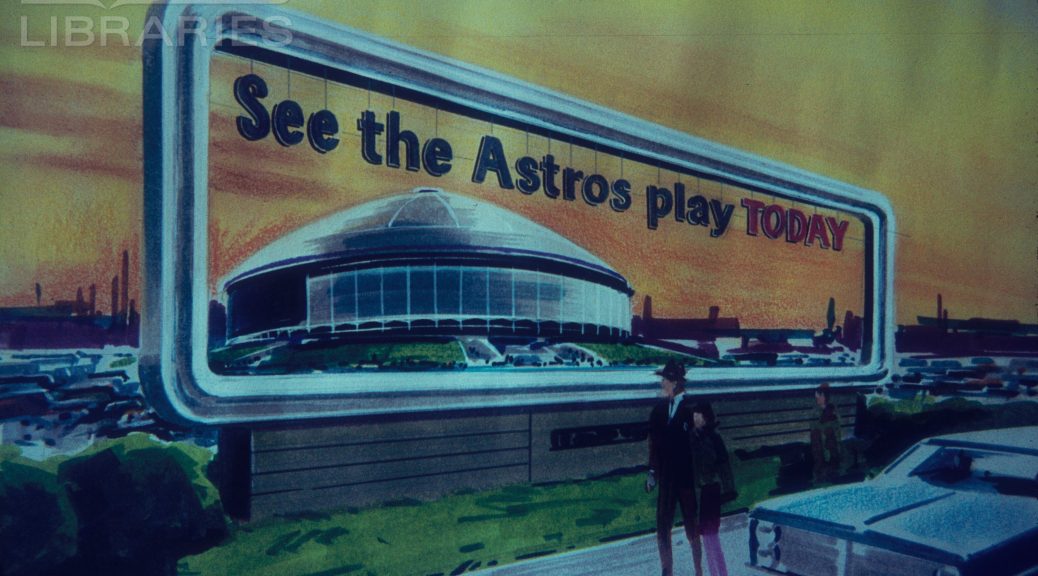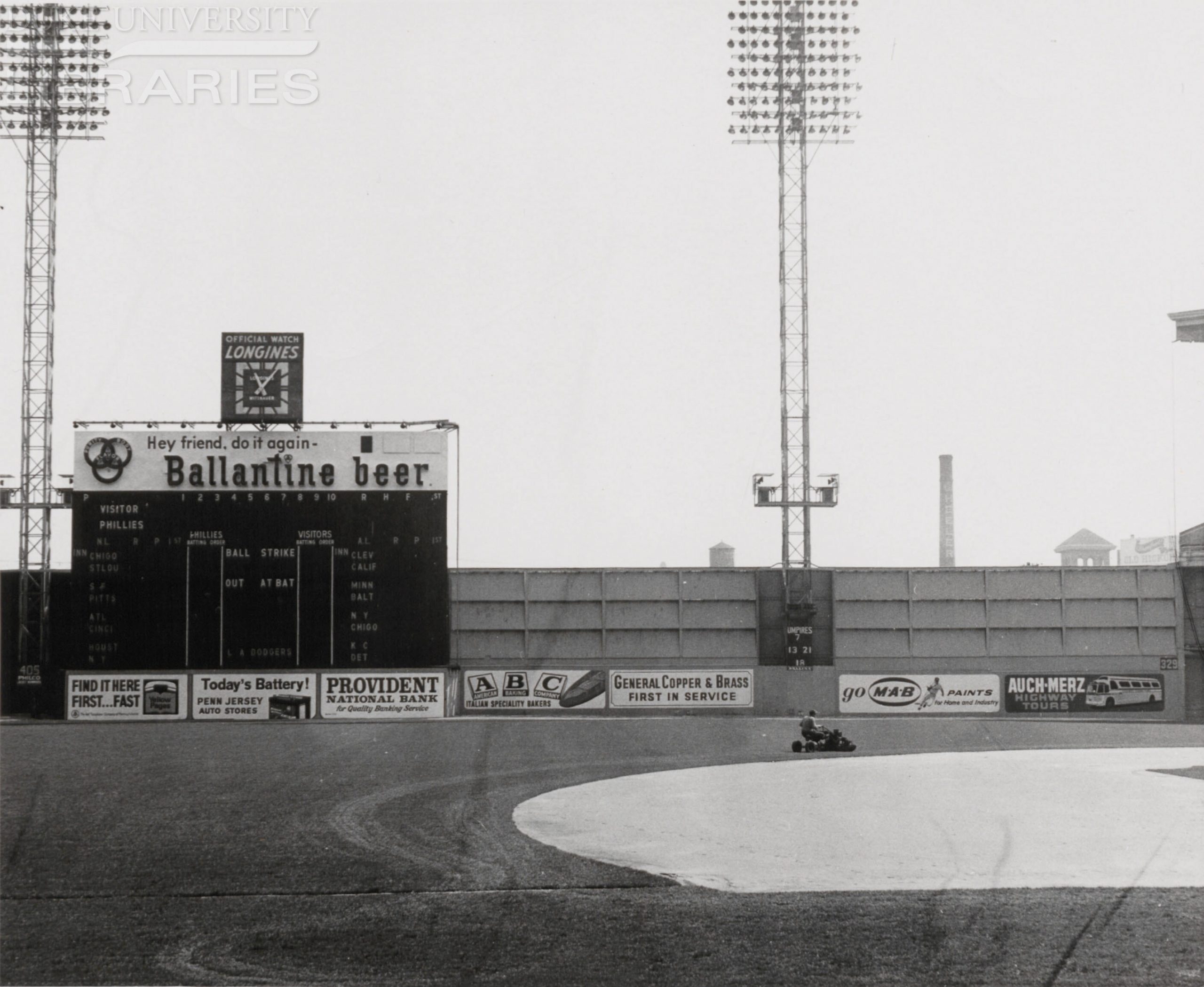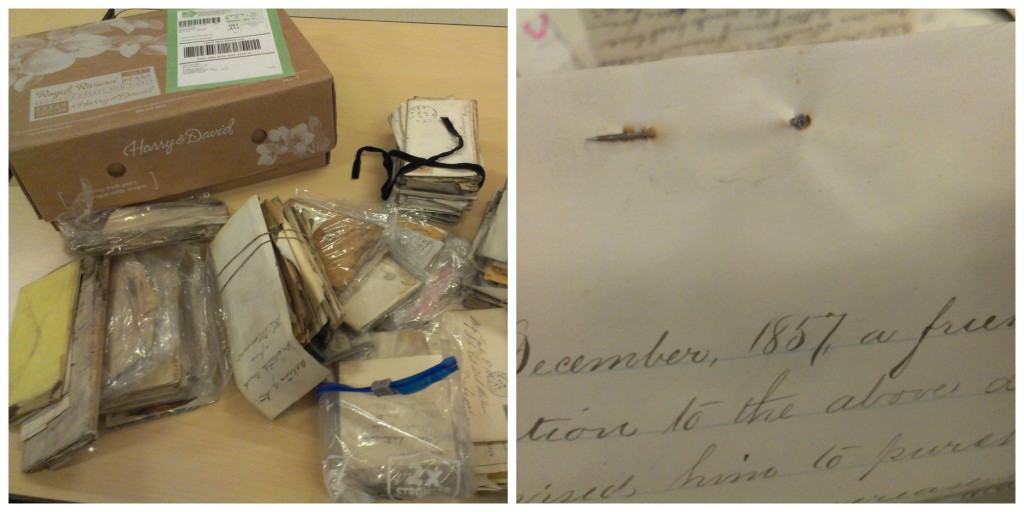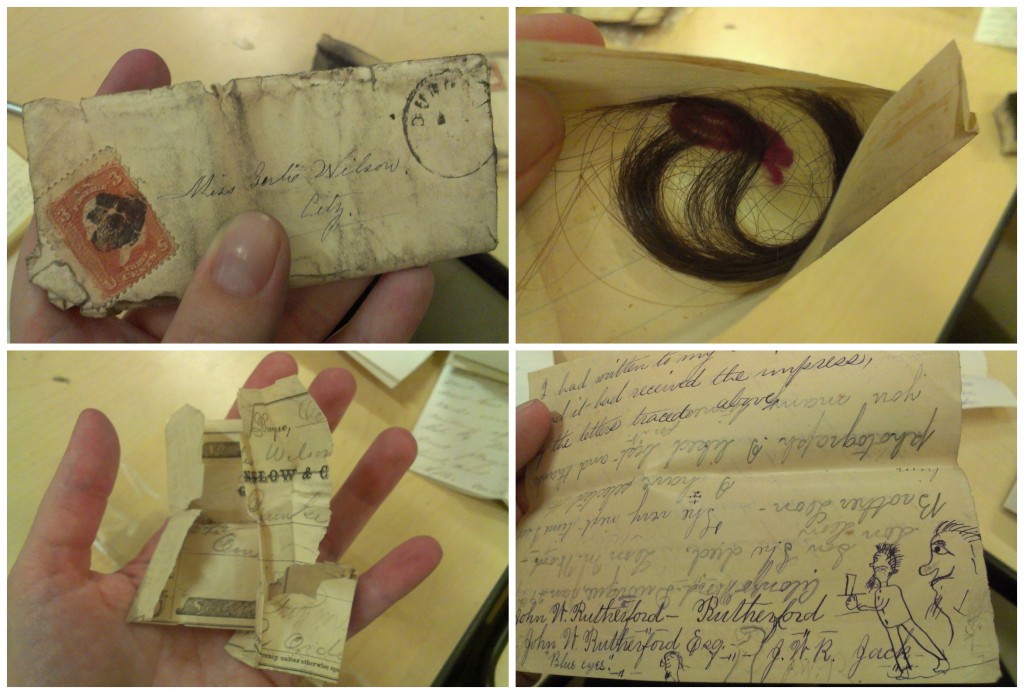Post contributed by Josh Larkin Rowley, Reference Archivist for the John W. Hartman Center for Sales, Advertising, and Marketing History
If—like myself—you’re unaffiliated with the Communist Party, you’re no doubt mourning the absence of America’s Pastime today: baseball. Today, March 26th, would have been Opening Day of the Major League Baseball season, replete with a slate of coast-to-coast televised games lasting nearly twelve hours. To satiate some of the angst that I’m feeling, I decided to honor today by taking a tour through some baseball-related material in our incredible digital collections repository. It’s not the same as hearing the crack of a bat, the slap of a ball hitting leather, or a wiener with a cold beer. But in these difficult times, it will have to suffice.
I love this artist’s rendering of a painted sign advertising the new Astrodome and the very commanding copy that accompanies it. Completed in 1965 and home to the Houston Astros until 1999, the Astrodome was considered an architectural marvel and the “eighth wonder of the world.” One major design flaw, though: how does one keep grass alive in a domed structure?

I’ve never wanted to be with an imaginary family more than this one right now, sitting in front of a 12-inch staticky, black-and-white television. And when the ballgame’s over, Pops can put on some Time Life Swing Era compilation records and fire up the grill.

And I can almost smell the Cracker Jack when I look at these old photographs of Connie Mack Stadium in Philadelphia, home to the Philadelphia Phillies until 1970. I can also smell the cigarette smoke from 25,000 men in trench coats and fedoras with newspapers tucked beneath their arms. Those were the days…

Finally, this post wouldn’t be complete without a photograph of two members of the Women’s Athletic Association, a group of Duke Woman’s College students that planned, organized, and hosted sporting events on campus such as tennis tournaments, bowling leagues, and ping-pong. And yes, they played baseball too!

If you’re interested in checking out more baseball stuff in our outstanding digital collections—broadsides, tobacco cards, billboards, photos of Duke players and more, just click here to peruse.







